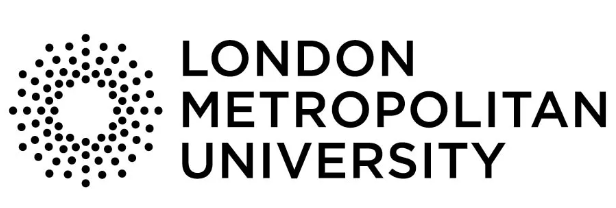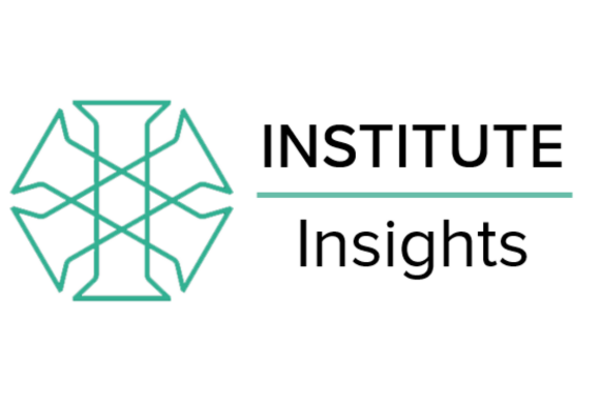
Financial services has seen a growing interest in how behavioural science, especially ideas like 'libertarian paternalism', can help people make better decisions. This has become more important since the global financial crisis. Books like Dan Ariely's "Predictably Irrational" and Daniel Kahneman's "Thinking, Fast and Slow" have shown that the old belief that markets always know best is not always correct. Ariely and Kahneman point out that understanding how people think and make decisions is more important. For financial crime compliance, behavioural science offers a number of practical insights.
Understanding the ‘why’ and ‘how’ of behaviour has become more crucial than ever. Financial services firms are applying behavioural science to understand why employees are breaching compliance protocols, and to devise strategic solutions that foster adherence to policies, procedures and systems and controls. Techniques from behavioural science, such as nudges and 'social norms' campaigns, can be instrumental in shaping a compliance-centric organisational ethos. Well known global corporations, from Procter & Gamble to Google, have long harnessed these principles to boost product design and user engagement [1]. In the financial services space, giants like Barclays, ING, and JP Morgan Chase, among others, have also begun embedding behavioural science strategies to enhance regulatory compliance and mitigate financial crime risks [2].
Capability, Opportunity, and Motivation
When we talk about compliance, what we are really talking about is making sure everyone in the organisation is playing by the rules. It is about creating a place where trust, honesty, and responsibility are part of everyday work life. But creating a culture of compliance is no easy task. It's about more than just telling people what to do. It's about understanding how people think and what makes them act a certain way.
The COM-B Model developed by Susan Michie and colleagues [3] at University College London can be used as a tool to help us understand the factors influencing compliance in organisations:
- Capability involves the necessary knowledge and skills to comply. In financial services, this translates to understanding complex regulations and the ability to apply them in varied, and often challenging, situations. Do employees have the know-how and skills?
- Opportunity encompasses the factors that lie outside the individual that make compliance possible or prompt it - like a work environment that supports ethical practices or access to tools that facilitate compliant behaviour. Does the workplace make it easy or hard for employees to be compliant?
- Motivation captures the internal processes that direct behaviour, including the conscious decisions to follow rules based on an understanding of their importance and the automatic habits that align with compliance. Are employees encouraged to do the right thing?
The model suggests that for individuals to exhibit compliance, they must have the capability to perform required tasks, the opportunity to do so, and the motivation to engage in them. In financial services, compliance isn’t just about ticking boxes; it’s a critical behaviour rooted in a company’s ethos. This is where COM-B shines, providing a blueprint for understanding and shaping the actions of individuals within the industry. Compliance officers know all too well that without the right capability, opportunity, and motivation, the best-laid plans for compliance can falter.
To put this into action, we start by figuring out which element of the COM-B framework is causing problems. If employees don't know how to follow the rules (Capability), maybe they need better training or clearer guidance. If the way the office is set up makes it hard to complete certain tasks (Opportunity), maybe some changes to the workspace or the tools they use can help. If employees are not interested in compliance (Motivation), maybe they need to understand why it is important or what is in it for them.
Enhancing Capability
To follow complex regulations and internal policies, employees need a clear grasp of the expectations and the skills to meet them. This is not just about training sessions but about creating an ongoing learning environment where capability is continuously developed. For example, through interactive compliance software that simulates decision-making scenarios or through regular workshops that keep everyone up-to-date with the latest regulatory changes. To help with Capability, we could show employees how to do things the right way or give them a checklist to follow.
Creating Opportunity
Even the most capable employees need the right setting to act on their knowledge. This means having the systems, resources, and organizational culture that enable and encourage compliance. From user-friendly reporting tools to clear channels for raising concerns, every element of the workspace should be aligned with compliance objectives. The physical layout of the office, the software in use, and the daily workflows all contribute to creating an opportunity for compliance to be the natural choice. To improve Opportunity, we could make sure everyone has the tools they need, like the right software or a workspace that helps them focus.
Igniting Motivation
The final key lies in ensuring that employees aren’t just able to comply and placed in a situation where compliance is possible; they must also want to comply. This involves aligning individual goals with organizational values, using incentives correctly, and building a culture where ethical behaviour is recognized and rewarded. It’s about making compliance personally meaningful, tapping into intrinsic motivators, and fostering pride in contributing to a culture of integrity. To boost Motivation, we should celebrate when people do well or explain how following the rules keeps everyone safe and helps the company succeed.
By focussing on capability, opportunity, and motivation, companies can pinpoint what's making compliance hard and address those pain-points specifically. This way, doing the right thing becomes a natural part of work life.
Conclusions
To truly embed financial crime compliance within the fabric of a financial institution requires more than just following a set of rules. It involves a deep dive into the behaviours that make a compliance culture solid and unwavering. Embedding this kind of culture means looking at the whole picture: how skilled employees are, whether the work environment supports doing things properly, and whether people feel driven to act with integrity.
When we focus on building team knowledge and skills, giving them the right tools and chances to use those skills, and motivating them with the right reasons, we go beyond mere compliance. We create a workplace where the importance of rules is clear and where doing the right thing becomes second nature. This is the heart of a trustworthy business - one that reduces risk and earns the confidence of customers, counterparties and the public alike.
This is not just about reducing the chance of breaking the rules; it is about crafting a strong business from within. In a world that is constantly facing financial crime challenges, fostering this kind of culture is not just beneficial; it is essential. Investing in these areas creates a resilient company. In the highly competitive and fast-paced world of financial services, this investment is indispensable.
---------------------------------------------
References:
[1] Ebert, P. and Freibichlerto, W. (2017). Nudge management: applying behavioural science to increase knowledge worker productivity. Journal of Organisation Design, 6(1), 1-6.
[2] Shu, S. (2018). Example Companies Involved with Behavioural Economics. https://steveshuconsulting.com/2018/07/companies-involved-behavioural-economics.
[3] Michie, S., Atkins, L., & West, R. (2014). The Behaviour Change Wheel: A Guide To Designing Interventions. Silverback Publishing.
Dr Mario Menz is a member of The Institute committee, and course director of the LL.M Financial Services Law, Regulation & Compliance at London Metropolitan University.
He will be running a Behavioural Science in Compliance masterclass for The Institute in 2024







